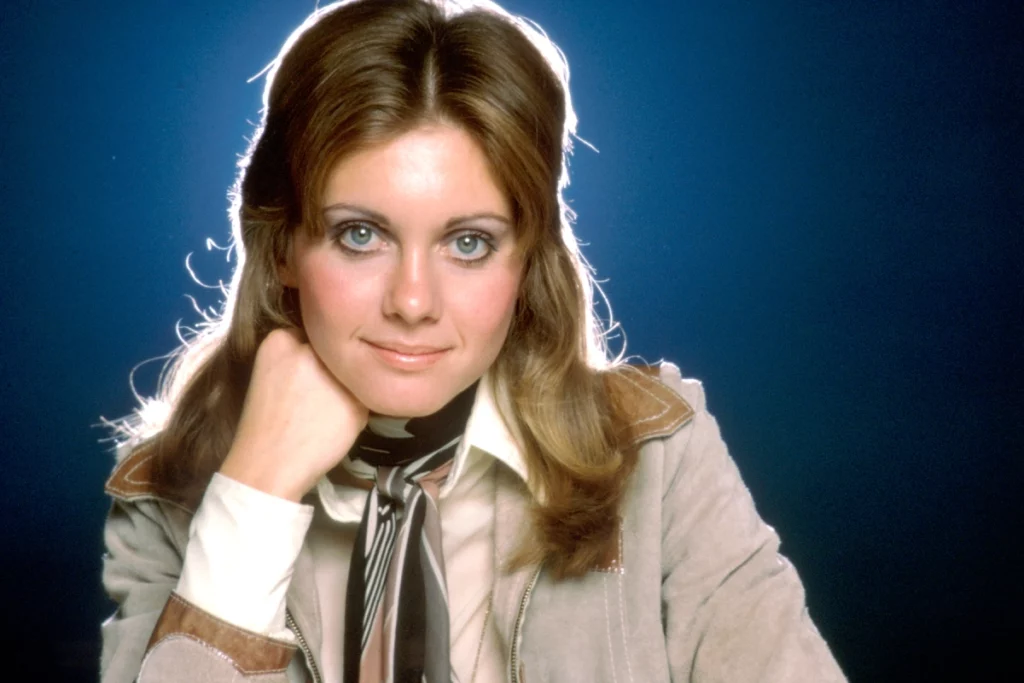Olivia Newton-John, iconic film star and singer, dies at the age of 73
The multi-talented Newton-John influenced popular culture for decades

Olivia Newton-John, the celebrated pop culture icon known as much for her performances in Grease and Xanadu, as well as her Grammy-winning hits like “I Honestly Love You” and “Physical,” died Monday, Aug. 8. She was 73.
Newton-John’s husband, John Easterling, confirmed her death on Instagram, writing that she “passed away peacefully at her ranch in Southern California this morning, surrounded by family and friends.” No exact cause of death was given.
The statement continued, “Olivia has been a symbol of triumphs and hope for over 30 years sharing her journey with breast cancer. Her healing inspiration and pioneering experience with plant medicine continues with the Olivia Newton-John Foundation Fund, dedicated to researching plant medicine and cancer. In lieu of flowers, the family asks that any donations be made in her memory to the @onjfoundation [Olivia Newton-John Foundation].”
John Travolta, who famously starred opposite Newton-John in Grease, shared a tribute on Instagram, writing, “My dearest Olivia, you made all of our lives so much better. Your impact was incredible. I love you so much. We will see you down the road and we will all be together again. Yours from the moment I saw you and forever!”
Born in England in 1948, Newton-John moved with her family to Melbourne, Australia in the early-Fifties when she was 5. Her entertainment career began in earnest when she was still a teenager: She formed her own girl group, Sol 4, toured army bases and clubs in the U.K. and Europe with her friend Pat Carroll, and won the popular Australian talent show, Sing, Sing, Sing. She cut her first single for Decca Records in 1966, and five years later released her debut solo album, If Not for You, which included a hit version of the Bob Dylan-penned title-track.
Despite those early success, Newton-John wasn’t able to immediately solidify her space in music, straddling a space between country and pop. In 1973, however, she struck the perfect balance with “Let Me Be There,” a top 10 hit on both the country and pop charts that earned Newton-John her first Grammy (Best Female Country Vocal Performance) and the Academy of Country Music award for Most Promising Female Vocalist.
The following year was even bigger for Newton-John. First she represented the United Kingdom in the Eurovision Song Contest, finishing fourth with “Long Live Love.” (The winner that year? A little Swedish group called ABBA.) She then secured her first Number One hit in the U.S. with “I Honestly Love You,” which won Grammys for Record of the Year and Best Pop Vocal Performance, Female in 1975.
Newton-John remained a reliable hitmaker over the next few years, especially on the Adult Contemporary and Country charts. Behind the scenes, however, Newton-John wound up embroiled in a battle with her record label, MCA, that had significant repercussions for the music industry. Invoking part of California labor law known as the “seven-year rule,” Newton-John filed a $10 million lawsuit against MCA and was ultimately able to leave the label. In response, the record industry lobbied the California state legislature to establish rules to let them sue artists for “lost profits” if they didn’t fulfill album commitments or other contractual components, making it much harder for future artists to ditch deals as Newton-John had.
While Newton-John was battling MCA, she was also enjoying one of the most pivotal moments of her career, and pop culture history in general. The film adaptation of the hit Broadway musical, Grease, had become a blockbuster smash, while its soundtrack album was one of the best-selling albums of the year, led by Travolta and Newton-John’s Number One smash, “You’re the One That I Want.”
In a Rolling Stone profile from that year, Newton-John spoke about how being cast as Sandy completely shifted the way she viewed her career, “The film people were always treating me like Sandy, this 17-year-old naive lady, which wasn’t really me. Well, bits of it were. One day — the day before we were supposed to shoot the scene that has Sandy’s change — I showed up like the ‘other” girl and they all hit on me! I said to myself, ‘What have I been doing wrong?’ This side is much more fun than the sweet, virginal side! … [It] was an opening up for me. I felt from it that I wanted to try different things. I was open to everything new.”
